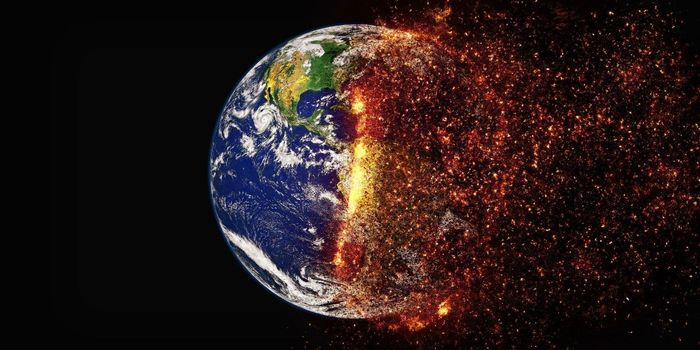When the US instituted measles vaccination back in the 1960s, they expected it to prevent and contain measles outbreaks. Indeed, children all over the country stopped getting measles. But the vaccine seemed to have a huge and unforeseen benefit: the rate of childhood death from infectious diseases took a nose-dive.
How did vaccinating children against measles also protect them against other deadly diseases? For years, scientists chalked it up to better healthcare in children who received the vaccines. They reasoned that those who were vaccinated were also more likely to have access to antibiotics and other vaccines.
But, there's more to measles than meets the eye. The virus, as it turns out, is capable of erasing a person's immune protection to other diseases. In essence, the measles virus confers amnesia to the person's immune system, making them more susceptible to deadly diseases that their body would have otherwise known how to fight.
Scientists are still trying to understand the complexity of the measles virus. But one thing is clear, the measles vaccine works, and it protects children all over the world from more than just measles.








